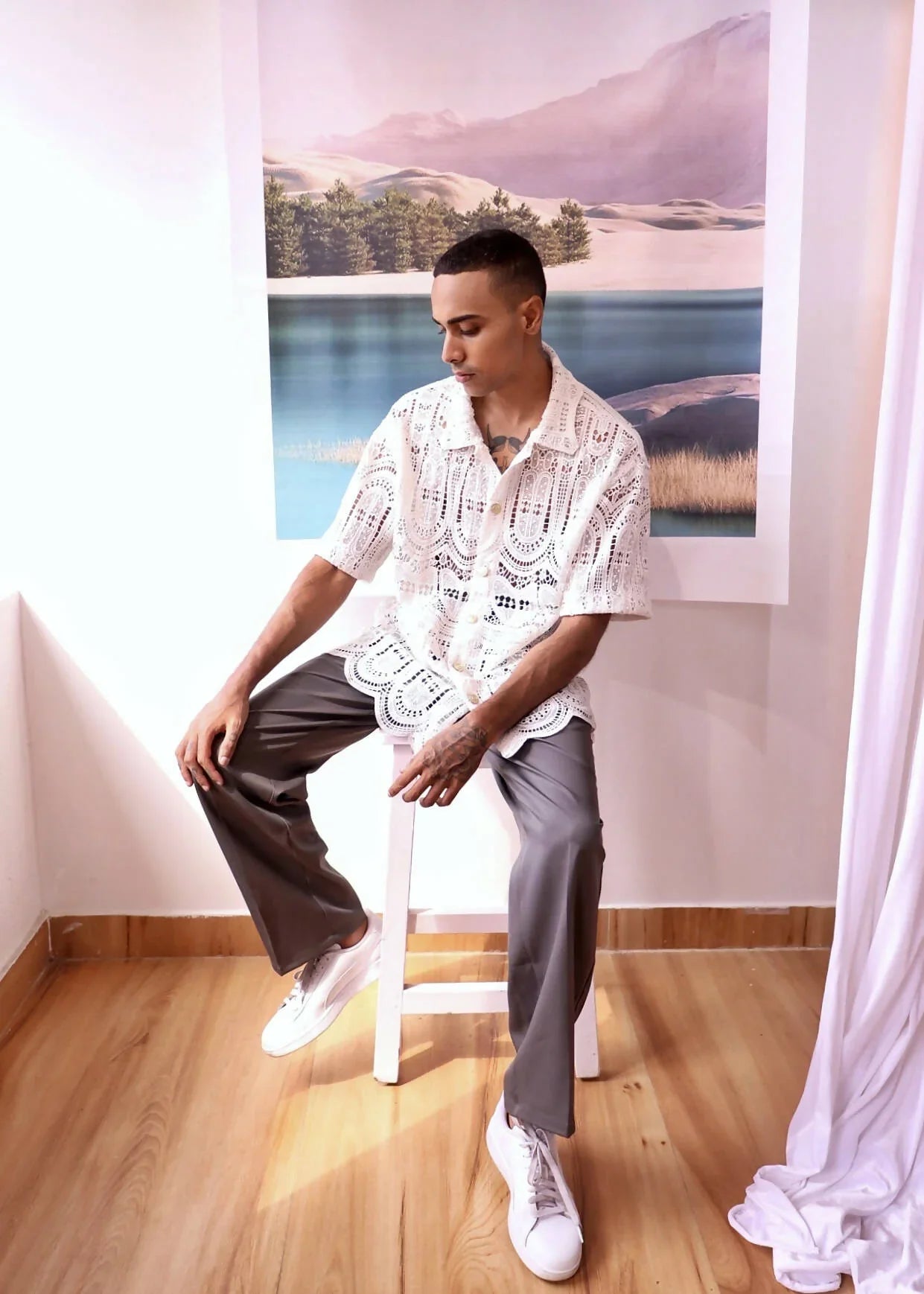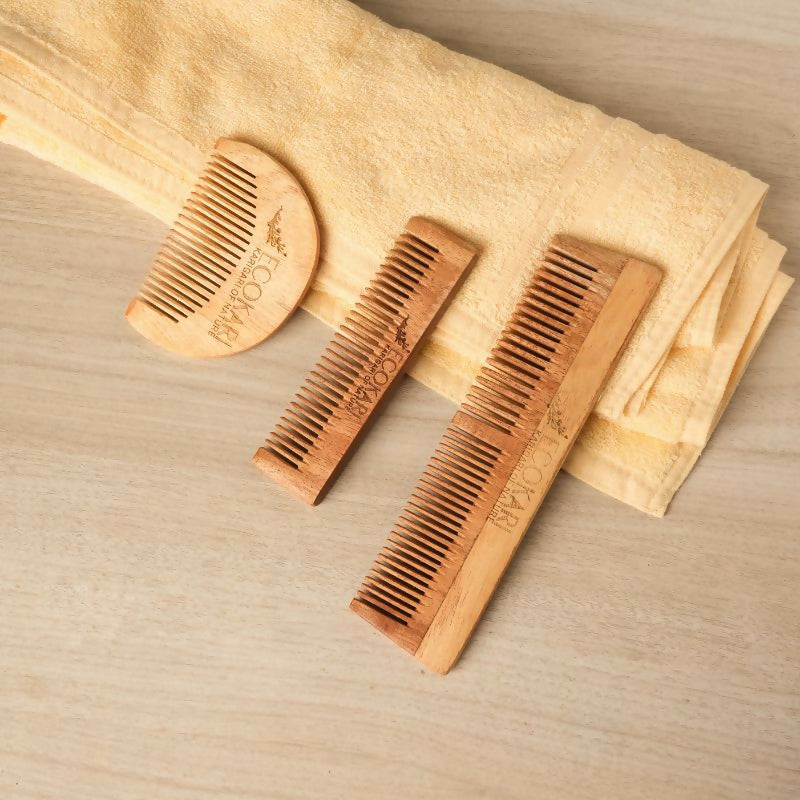Tung-Edelman: Refugee Artisan Initiative

In the Lake City neighbourhood of Seattle, an ethical workspace with fabric offcuts and industrial sewing machines has become a steady place for women who have experienced migration. Many of them arrived in the United States with limited English and little access to the labour market. Here, they are learning to sew with precision and earn a steady income.
The workshop belongs to Refugee Artisan Initiative (RAI), a non-profit founded in 2017 by Ming-Ming Tung-Edelman, a clinical pharmacist by profession and the daughter of immigrants from Taiwan. Frustrated by the lack of dignified employment opportunities for refugee and immigrant women, she wanted to help them with sewing talents build professional skills and turn them into sustainable businesses.
In 2024, Ming-Ming received the Recycler of the Year award for her dedication to recycling and waste prevention. In 2023, she was honoured with the prestigious AARP Purpose Prize Award and a $10,000 grant to support her mission of empowering refugee and immigrant women through artisan skills training and micro-business development.

(Image credit - Ming-Ming Tung-Edelman - Refugee Artisan Initiative)
What followed was the formation of a small-scale sewing and upcycling initiative that matched existing artisan capabilities with training. Many of the women who now participate in RAI’s programs previously worked with textiles in their countries of origin.
The business model is designed to be both circular and restorative. Most of the materials used in production are salvaged. These materials are upcycled into functional, high-quality zero-waste products. The products are sold at markets, through online platforms, and via local partnerships, with each sale directly contributing to the artisan’s income.
The organization has provided training and employment to more than 50 women. Collectively, the artisans have diverted more than 100,000 pounds of textile waste from landfill. Beyond the numbers, RAI has created a reliable social infrastructure for women whose lives have often been marked by instability. The workshop serves as both a production space and a social network.
Artisans who are ready to grow further can join a program that supports their journey into entrepreneurship. It enables them to explore more work opportunities and start developing the skills needed to run a small business.
The values behind their work stand in contrast to mass production systems, where speed and cost often take precedence over environmental responsibility and human well-being. Instead of outsourcing labour to invisible factories, RAI gives them a platform to shine. Instead of treating materials as disposable, the initiative treats them as worthy of a second life.
Ming-Ming Tung-Edelman regularly visits the workshop, engages directly with artisans, and creates partnerships with local businesses that are willing to contribute surplus materials or offer retail support. Her leadership is hands-on and informed by the belief that empowerment is most effective when it is grounded in economic self-determination.
RAI’s model is gaining attention for its potential to be replicated in other communities. She has shown how migration and circular design, recycling and economic stability can unite at the community level. It is a different kind of blueprint for how the industry can evolve.






Leave a comment